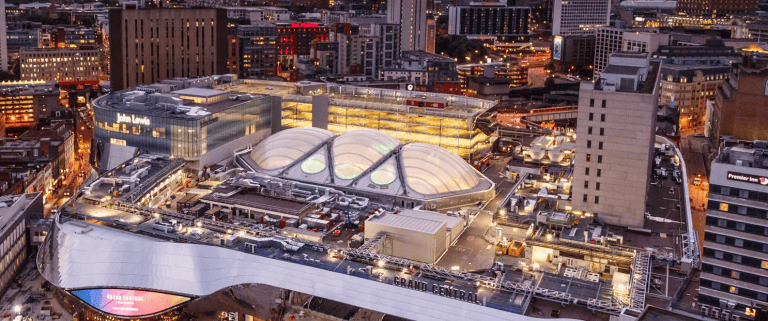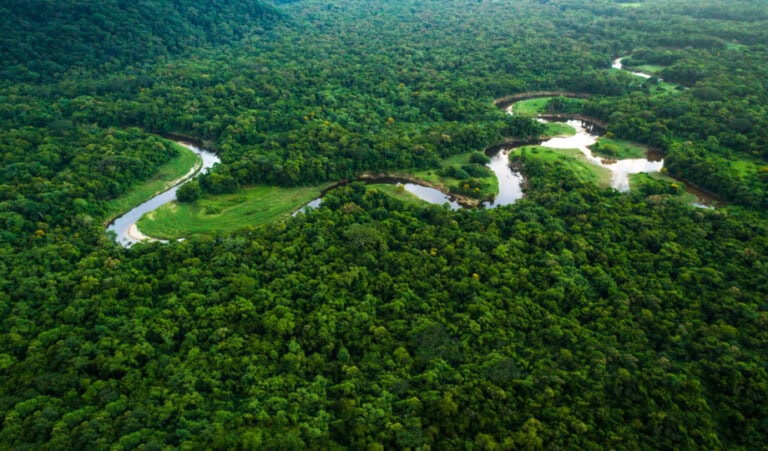Biodiversity and Environmental Net Gain
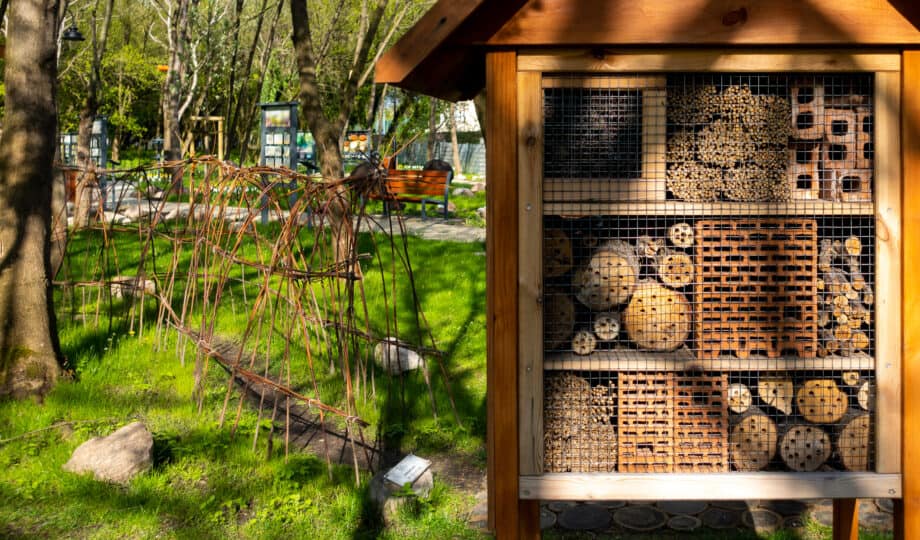
Biodiversity is a key component to ensure healthy ecosystems and therefore an integral element for the successful operation of our economies, environment, and wider society. Delivering biodiversity and environmental net gain can present opportunities for engagement and collaboration with diverse set of stakeholders, both within and beyond the built environment industry.
What is Biodiversity Net Gain?
Biodiversity Net Gain (BNG) aims to safeguard and improve the well-being of natural and urban ecosystems in the UK by mitigating against the potential adverse effects of new development; seeking to ensure that the future state of these ecosystems is in a superior condition and quality than their present state. The UN Convention on Biological Diversity defines biodiversity as the variability among organisms from all sources and the ecological complexes of which they are a part, including diversity within species, between species and of ecosystems.
What is Environmental Net Gain?
Environmental Net Gain (ENG) is defined by the UK National Infrastructure Commission as an ‘approach to development that leaves both biodiversity and the environment in a measurably better state than prior to development’. ENG can be measured by biodiversity measures, ecosystem services and environmental metrics
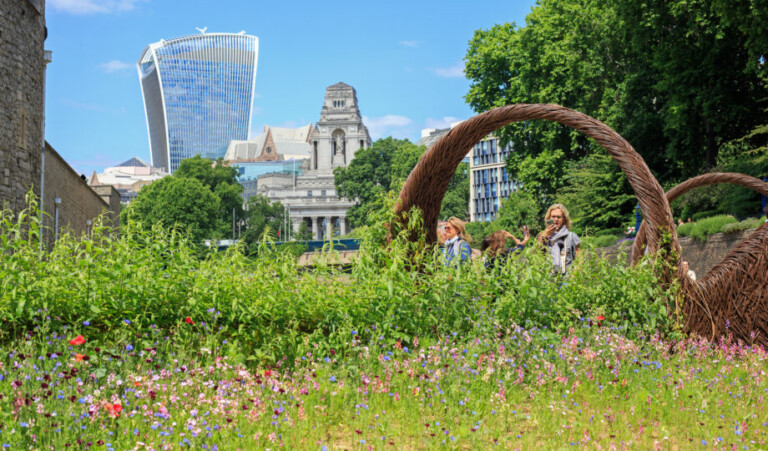
Biodiversity Net Gain legislation
Under the Environment Act 2021, most new development in England is required to deliver a biodiversity uplift of a minimum of 10%, using the Defra biodiversity net gain metric. The biodiversity net gain requirements came into force in February 2024 for large sites and will apply to small site from April It will need to be considered by all stakeholders in the built environment from designers and architects to financial institutions and property consultants.
Why is it important?
Achieving successful biodiversity and environmental net gain requires the collaboration and communication between all stakeholders involved across the implementation process and offers opportunities for the developers to enhance the liveability and functionality of the places within which we live and work.
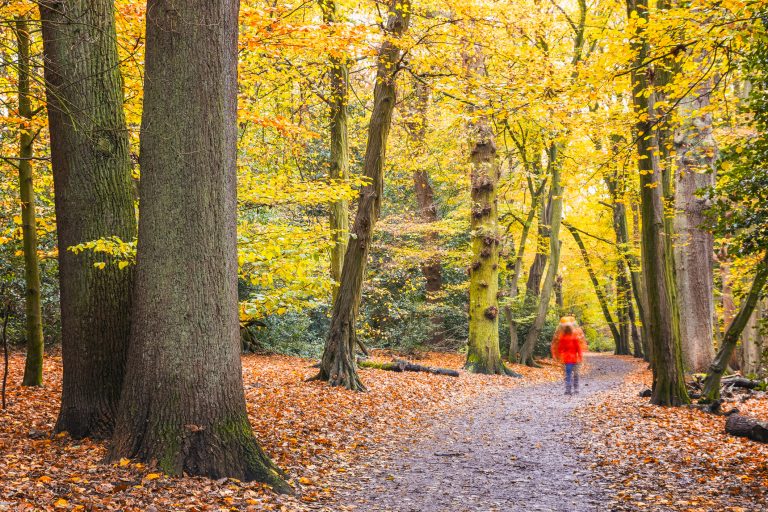
What is UKGBC doing in this area?
Sector Ambition Statement
Transformational change
Interventions
Biodiversity Net Gain Resources
Biodiversity Net Gain Case Studies
As part of our project, UKGBC has collected a number of case studies demonstrating the successful application of BNG and ENG principles across the UK.
Mayfield
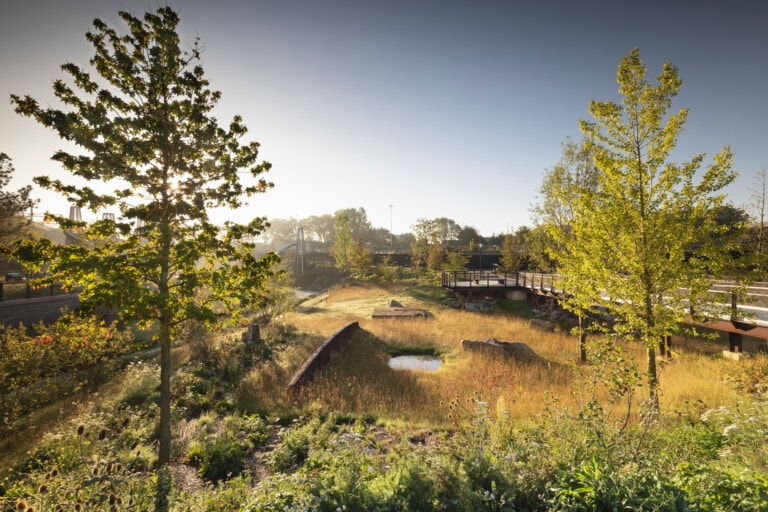
Halifax Bus Station

Duxford Old River Floodplain Restoration Project & Habitat Bank

Brighouse Flood Alleviation Scheme
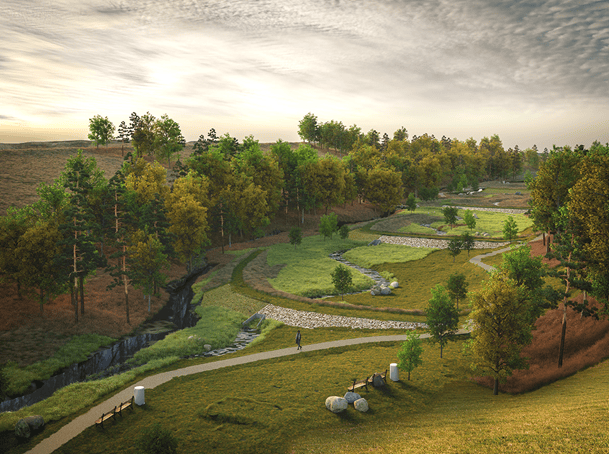
Visual Impact Provision (VIP) – Peak District East
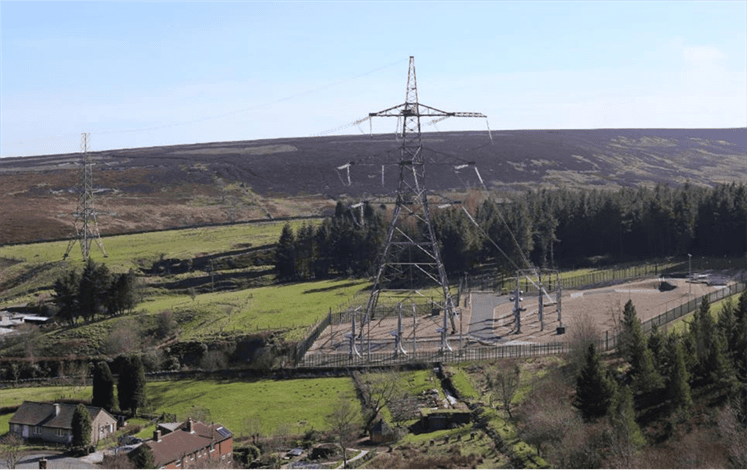
IMP Thrapston Business Park

Events
Biodiversity Net Gain Masterclass (London)

Biodiversity Net Gain Masterclass (Manchester)

An Introduction to Climate Change and Carbon Reduction in the Built Environment (On-demand)
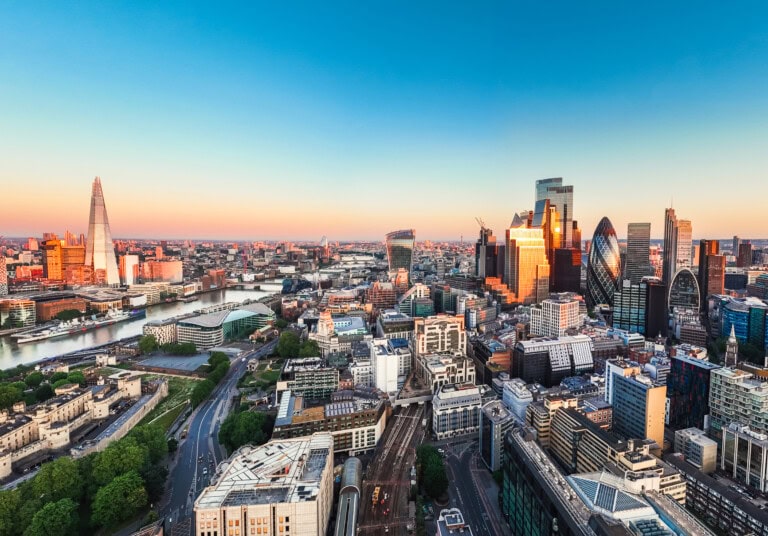
An Introduction to Climate Resilience and Adaptation in the Built Environment (On- demand)

Blogs
UKGBC Responds to the Government’s new Biodiversity Net Gain Proposals
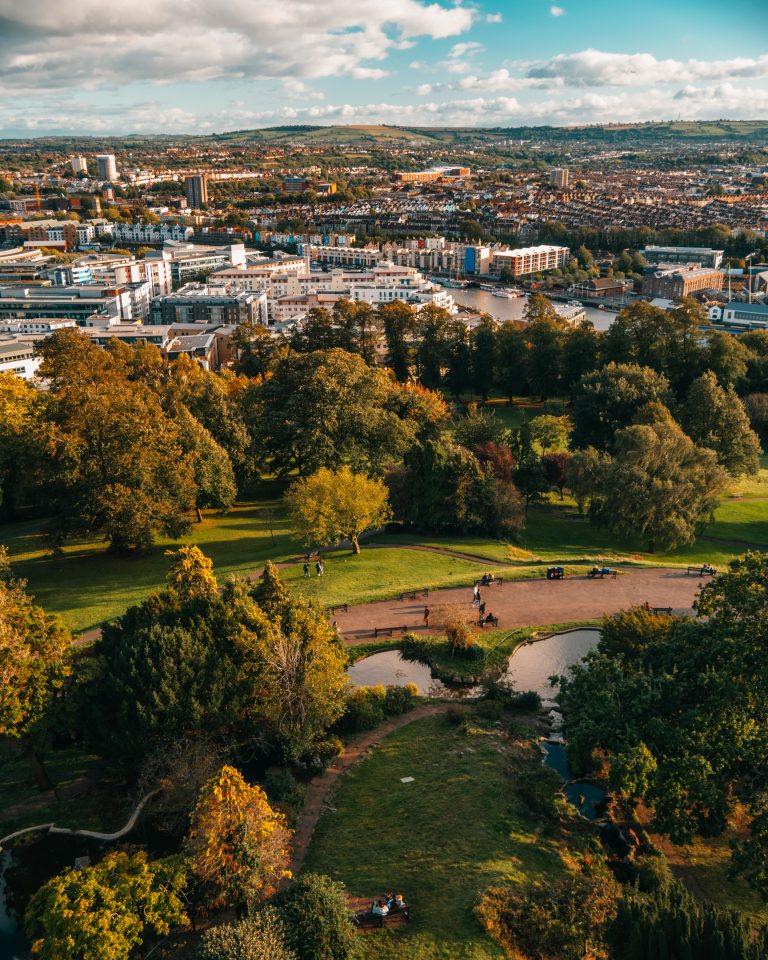
What’s next for Embodied Ecological Impacts?
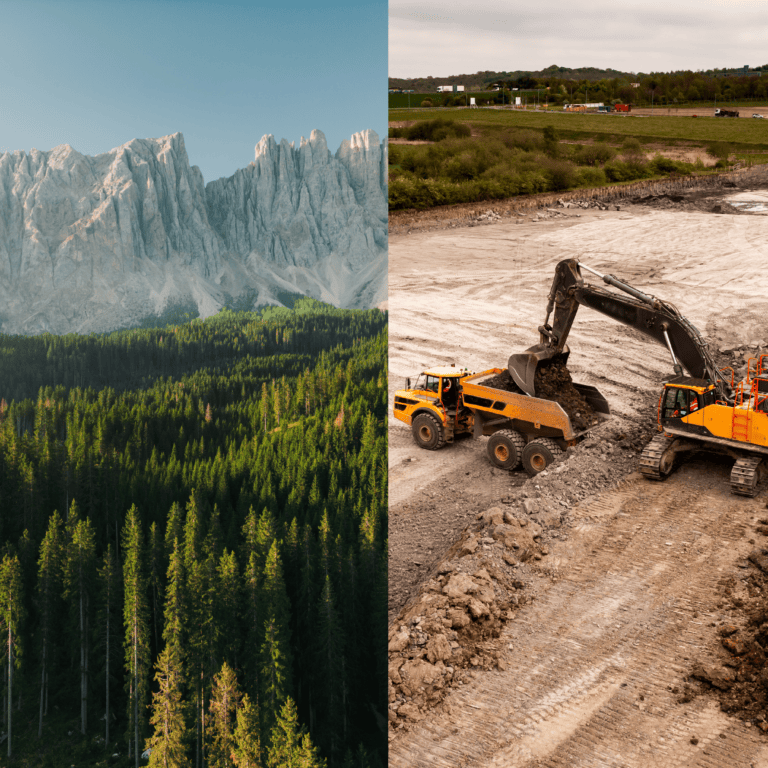
Construction is driving global biodiversity loss – it’s time for Government to act
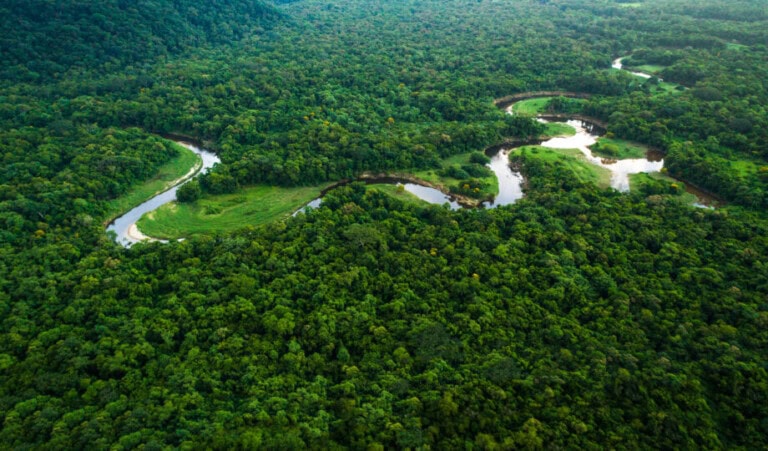
Biodiversity Net Gain: Are you ready for the incoming legislation?

Resilience & Nature Partners
Our climate change adaptation work is supported by our Resilience & Nature Partners.





Biodiversity and Environmental Net Gain Project Partners
Our work on Biodiversity Net Gain and Environmental Gain is generously supported by the following organisations.




| Review Group |
|---|
| Winvic Sustainable hospitality alliance The Canary Wharf Group Northstone Waterman Group Atkins John Lewis Aecom Hertfordshire County Council Sir Robert McAlpine Redrow Homes Limited Joe Blooms The Wildlife Trust Sabbio Stephen George and Partners |
All Biodiversity Net Gain resources
Filter
Local elections candidate briefing
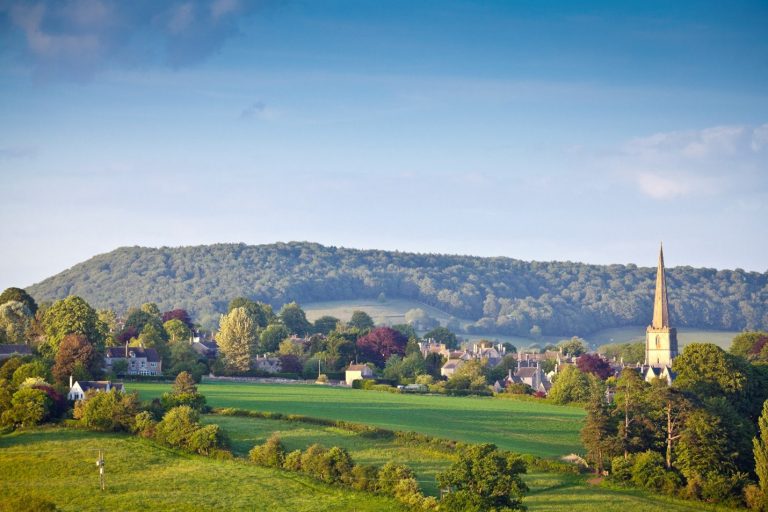
New Homes Policy Playbook

Briefing for local authorities: Green Homes Grants scheme & the relationship with long term retrofit strategy

Driving social value in new development: Options for local authorities

Retrofit for the Future – Innovate UK

Wellbeing Lab: Retail
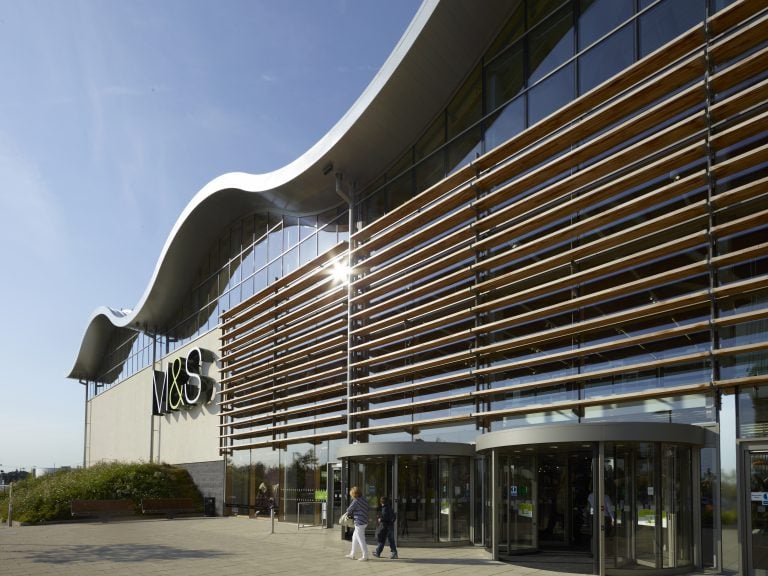
City Conference: Manchester 2015 output
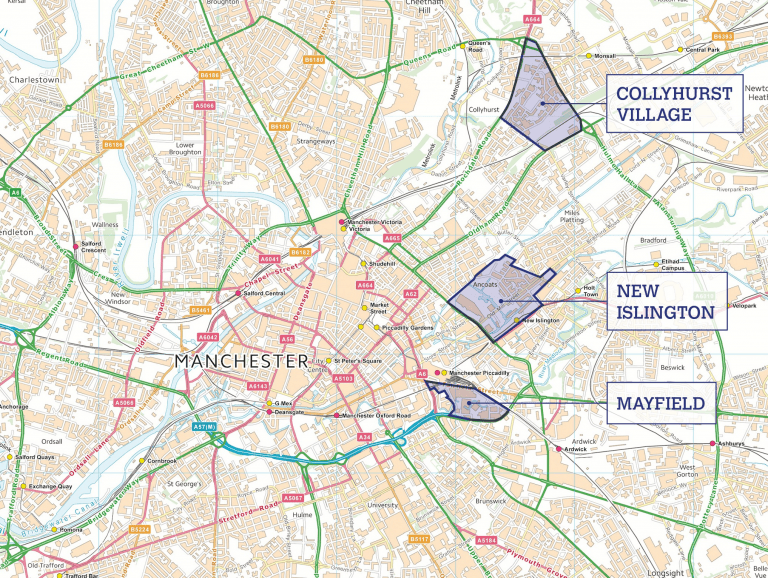
Breakthrough Birmingham: City Summit 2016 outputs
